Nimodec Injection contains the active ingredient nimodipine. It is in a class of medications called calcium channel blockers. It is used to decrease brain damage caused by a subarachnoid hemorrhage (bleeding in the space surrounding the brain that occurs when a weakened blood vessel in the brain bursts). It works by relaxing blood vessels in the brain.
Do not take Nimodec Injection if you are allergic to nimodipine or any of the other ingredients of this medicine. Do not take this medicine if you have or had a heart attack within the last month before starting the treatment. Do not take this injection if you are suffering from angina and notice increased frequency and severity of attacks. Inform your physician if you have had a head injury recently.
Tell your physician if you have fluid in the brain or severely raised pressure in your skull, have low blood pressure, have liver disease, have kidney problems, are alcoholic, and are on a controlled salt (sodium) diet. Nimodec Injection is not indicated for children under the age of 18. Inform your physician if you face any allergic reactions such as swelling of the face, lips, tongue, or throat, difficulty breathing, rash, itching, nausea, or vomiting after receiving this medicine.
Therapeutic Effects of Nimodec Injection
Pregnancy
There is limited information available on the use of Nimodec Injection during pregnancy. Inform your physician if you are pregnant, suspect pregnancy, or planning to become pregnant.
Breast Feeding
Do not breastfeed while you are being treated with Nimodec Injection because it can cause harm to the baby.
Lungs
It is unknown whether Nimodec Injection can be used in patients with lung disorders. Consult your doctor if you have any lung diseases before starting the treatment.
Liver
There is limited information available on the use of Nimodec Injection in patients with liver problems. Consult your doctor if you have any liver diseases before starting the treatment.
Alcohol
It is unsafe to consume alcohol with Nimodec Injection because it can cause excessive drowsiness.
Driving
Nimodec Injection can make you feel dizzy or less alert. Do not drive or operate machinery after taking this medicine.
Common
- Decrease in heart rate
- Decreased blood pressure
- Nausea
- Headache
Serious
- Severe allergic reactions
- Bruise and bleeding
Nimodec Injection is primarily used to treat vasospasm, a condition where blood vessels in the brain constrict or narrow following a subarachnoid hemorrhage (bleeding in the space surrounding the brain)
Dizziness and lightheadedness are potential side effects of Nimodec Injection, especially at the beginning of treatment or when changing the dosage. It is important to be cautious when performing activities that require alertness until you know how this medicine affects you.
Nimodec Injection should not be stopped abruptly without consulting your healthcare provider. It is important to follow the prescribed dosage and duration of treatment to achieve the desired therapeutic effects.
It is generally advised to avoid alcohol while taking Nimodec Injection, as it may increase the risk of side effects such as dizziness and low blood pressure.
Signs of allergic reaction such as swelling of the face, lips, tongue or throat, difficulty breathing, rash, itching, nausea or vomiting can occur after receiving Nimodec Injection. Inform your physician immediately.
| Molecule name: Nimodipine | Therapeutic class: Cardiovascular agents, Neurologics |
| Pharmacological class: Calcium channel blockers | Indications: Prevent changes in brain function after subarachnoid hemorrhage |


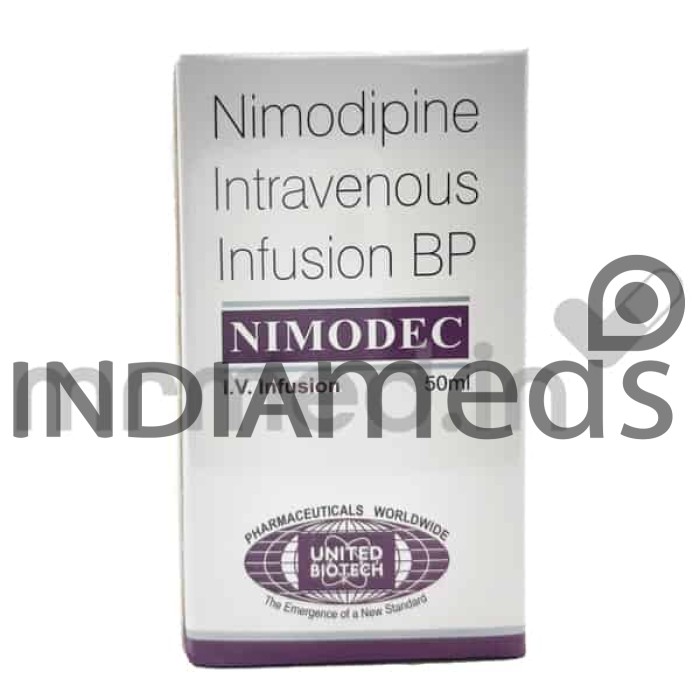
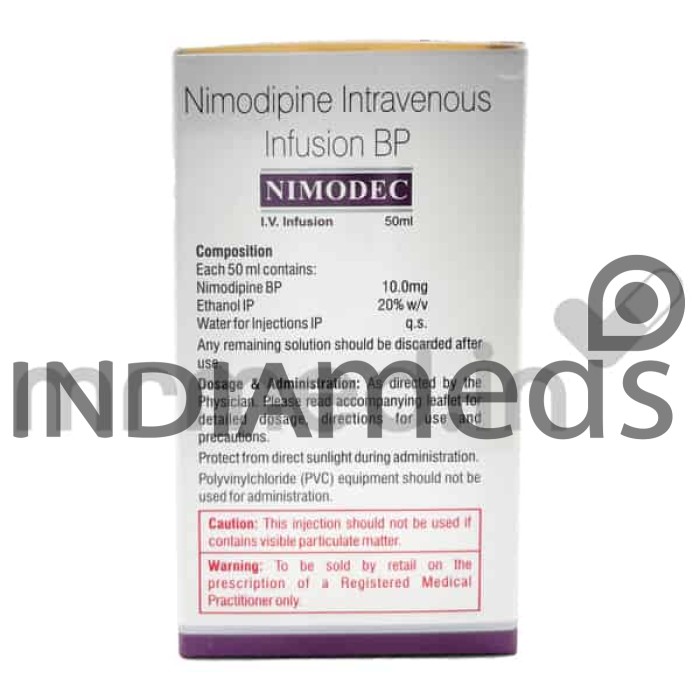
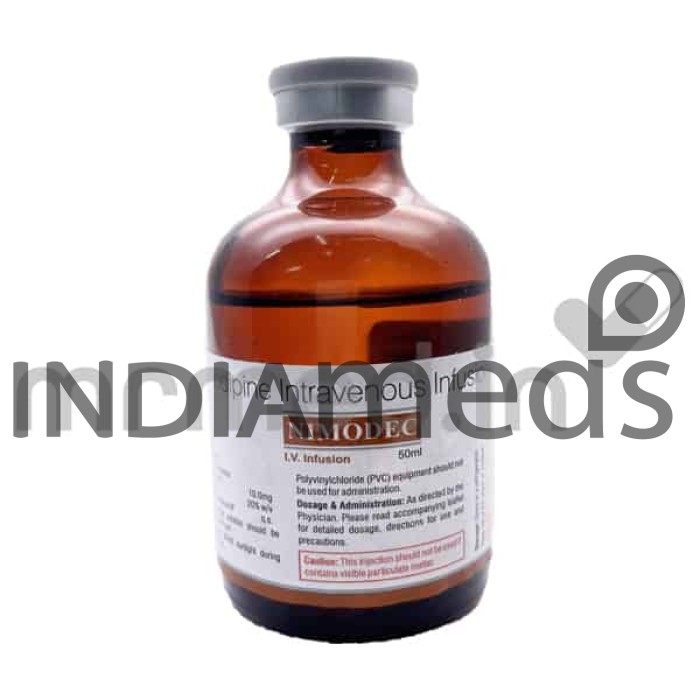



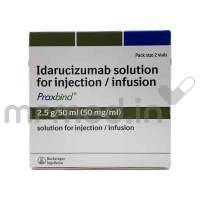
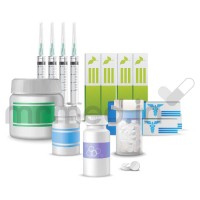
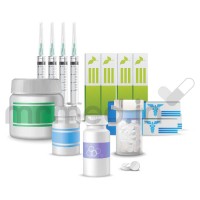
-200x200.jpg)


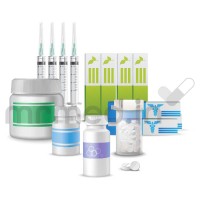
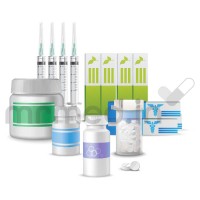
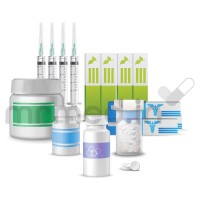
-200x200.jpg)